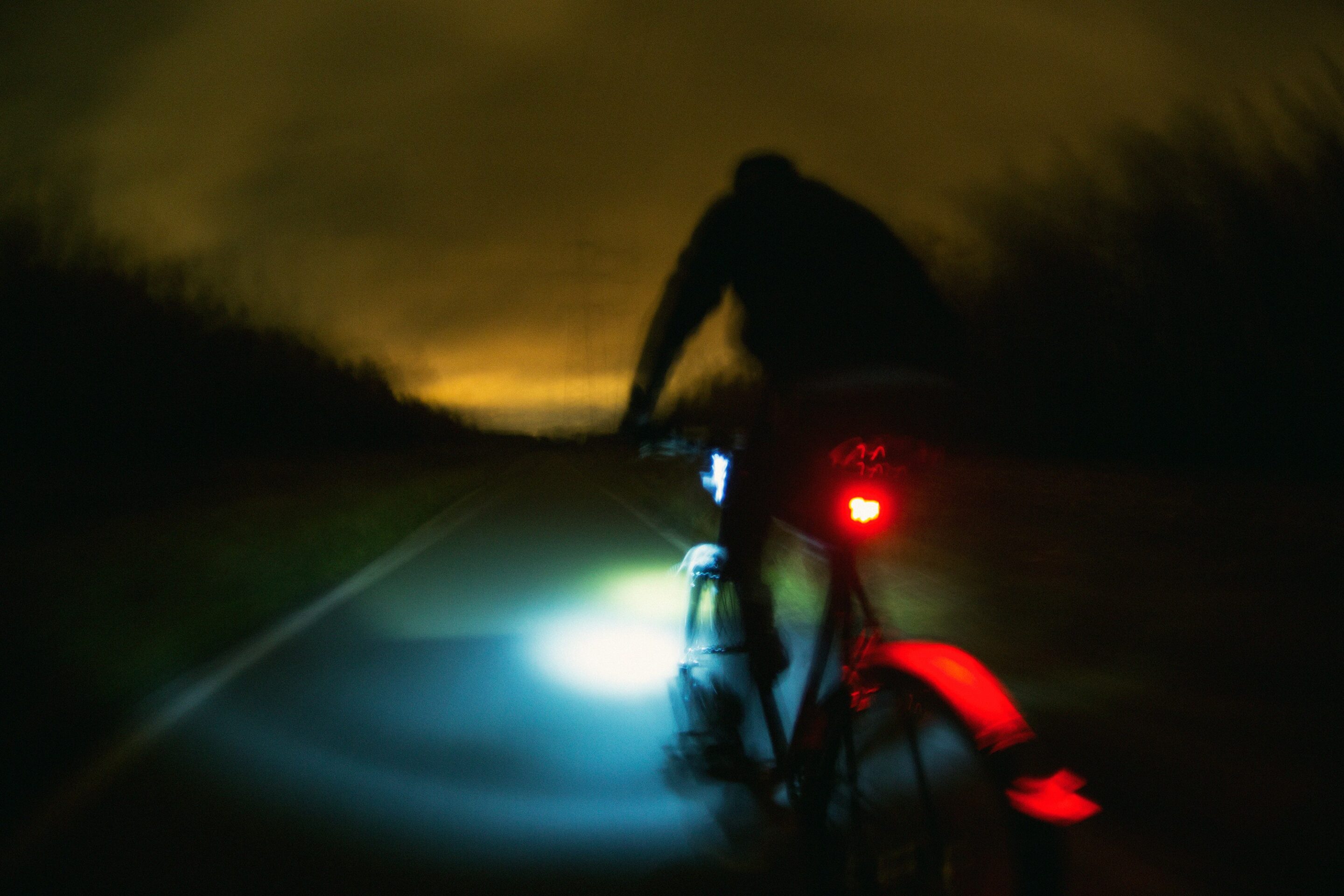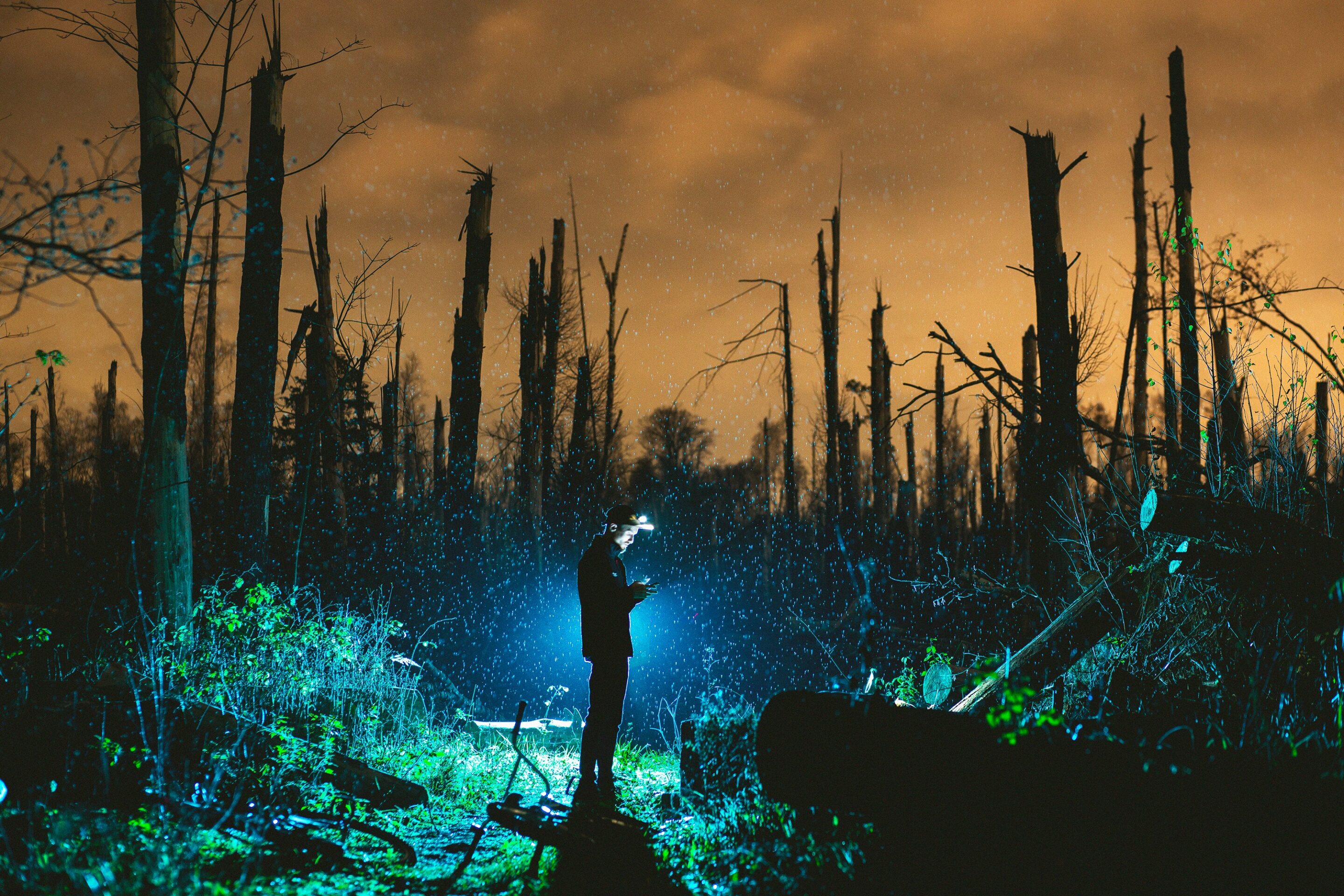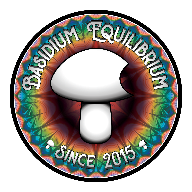Some moments in history are so unexpected, they feel like fiction. A single decision, a brief ride home, and the world shifts. That’s what happened in 1943 on the very first Bicycle Day. But, what is Bicycle Day?
It’s the April 19th holiday that celebrates Swiss chemist Albert Hofmann, who became the first person to intentionally experience the effects of LSD. He took a dose, got on his bicycle, and unknowingly launched what would become a global exploration of the mind.
In this post, we’ll explore five reasons why this quiet, accidental trip still matters today: scientifically, culturally, and personally. From the roots of psychedelic research to the legacy still unfolding, Bicycle Day is more than just a date. It’s a reminder of how curiosity, intuition, and wonder can change everything.
The Accidental Discovery That Changed Psychedelic Science
Albert Hofmann wasn’t aiming to revolutionize human consciousness. In 1938, while working at Sandoz Laboratories in Basel, Switzerland, he synthesized a compound called LSD-25 during his research, intending to develop a circulatory and respiratory stimulant. The compound was set aside after initial tests showed no significant effects.
Five years later, on April 16, 1943, Hofmann revisited LSD-25, driven by a peculiar intuition. During the synthesis process, he accidentally absorbed a small amount through his skin and experienced unexpected sensations, prompting further investigation .
On April 19, 1943, Hofmann intentionally ingested 250 micrograms of LSD-25 to better understand its effects. This dosage, now known to be a substantial amount, led to intense alterations in perception. He was unable to continue working and requested his assistant accompany him home. Due to wartime restrictions on vehicle use, they traveled by bicycle. Hofmann’s condition intensified during the ride home, leading to a profound and, at times, distressing psychedelic experience .
This event marked the first intentional LSD trip and is commemorated annually as Bicycle Day. It exemplifies how LSD was discovered; not through a calculated experiment, but via a combination of scientific curiosity and serendipity. As Hofmann says himself “I did not choose LSD. LSD found and called me.”

Science
You have to look beyond the bicycle and the trip to understand what Bicycle Day is. The real significance lies in what that moment set into motion: the dawn of modern psychedelic science.
After Albert Hofmann’s self-experiment, the doors to an entirely new field of research quietly creaked open. Scientists began asking not only what this compound does to the brain, but also what it might teach us about the mind.
Many people studied LSD as a promising tool throughout the 1940s and 50s. Therapists used it to explore trauma, addiction, and treatment-resistant depression. Researchers observed its ability to dissolve ego structures and generate spiritual insights, often in just one dose. Doctors even utilized it in clinical settings to help terminal cancer patients find peace at the end of life.
LSD Takes a Hit
But with the rise of counterculture movements and the political backlash that followed, research stalled. Authorities criminalized LSD, and psychedelic science entered a long period of dormancy.
Now, decades later, that research is not only resurfacing, it’s thriving.
Institutions like Johns Hopkins, Imperial College London, and MAPS are leading a psychedelic renaissance, using rigorous science to study LSD, psilocybin, MDMA, and beyond.
And it all traces back to one strange afternoon in Basel. So, what are we celebrating on Bicycle Day? The start of a story still being written in labs, journals, and therapy rooms around the world; a foundational chapter in psychedelic science history.
Bicycle Day is a Day of Mindful Exploration, Not Recklessness
Today, when many people hear “Bicycle Day,” they might assume it’s just another countercultural celebration, like a psychedelic version of 4/20. But that couldn’t be further from its spirit.
Bicycle Day isn’t about escape. It’s about discovery.
Albert Hofmann approached LSD with deep curiosity and scientific discipline. His self-experimentation wasn’t recreational: it was careful, deliberate, and documented. He didn’t chase euphoria; he followed a question. And the experience shook him, not with pleasure, but with awe, fear, insight, and transformation.
That legacy continues today. Many modern observers celebrate Bicycle Day not with large doses or parties, but with quiet walks, intentional microdosing, reading Hofmann’s writings, or reflecting on the mind’s potential. For those in the psychedelic community, it’s less about indulgence and more about inquiry.
It’s a moment to remember that altered states, when approached with intention, can be tools for healing, creativity, and connection, not just entertainment. And it’s a reminder that exploration, whether in the forest or under a microscope, requires both respect and responsibility.
At its core, Bicycle Day honors a mindset. A mindset of wonder, caution, and reverence for the unknown.

The Ride that Changed Everything
Albert Hofmann didn’t set out to start a movement. He wasn’t chasing enlightenment, rebellion, or even answers. He was following a feeling; a hunch that one forgotten compound might still have something to say.
That single act of curiosity led to a bike ride that would ripple across generations, opening new conversations about healing, perception, consciousness, and what it means to truly know ourselves. Bicycle Day isn’t just a historical moment, it’s a reminder.
- That wonder has a place in science.
- That mystery can be approached with respect.
- And that the mind is more vast, more beautiful, and more worth exploring than we often give it credit for.
So this April 19th, or any day, get curious about the world around you. About your own inner landscape. About what becomes possible when we start paying attention.
And if you’re drawn to exploring psychedelic organisms on a microscopic level, take a look through our spore collection. Because sometimes, the biggest revelations start with the smallest details.

